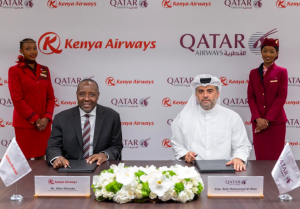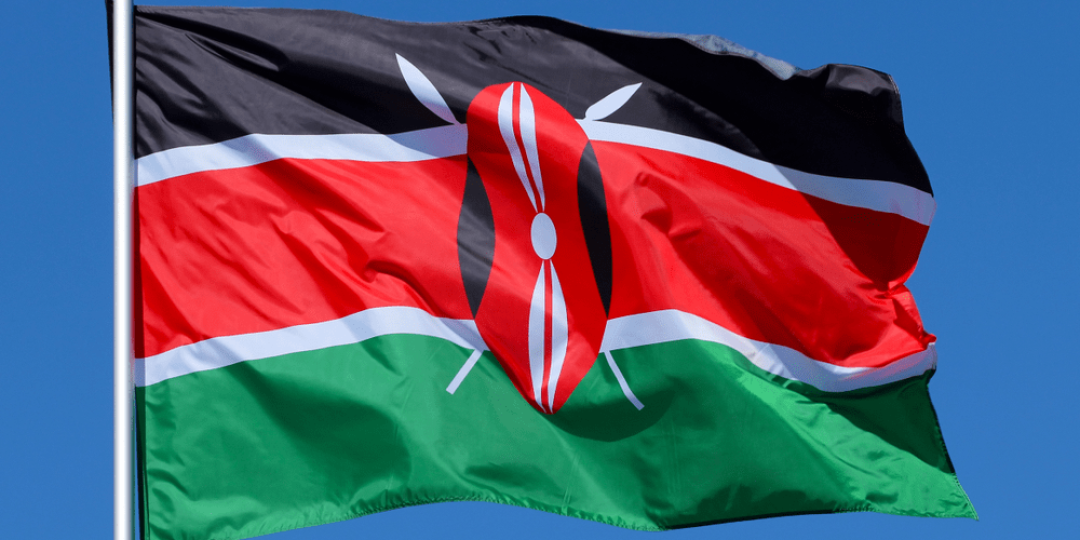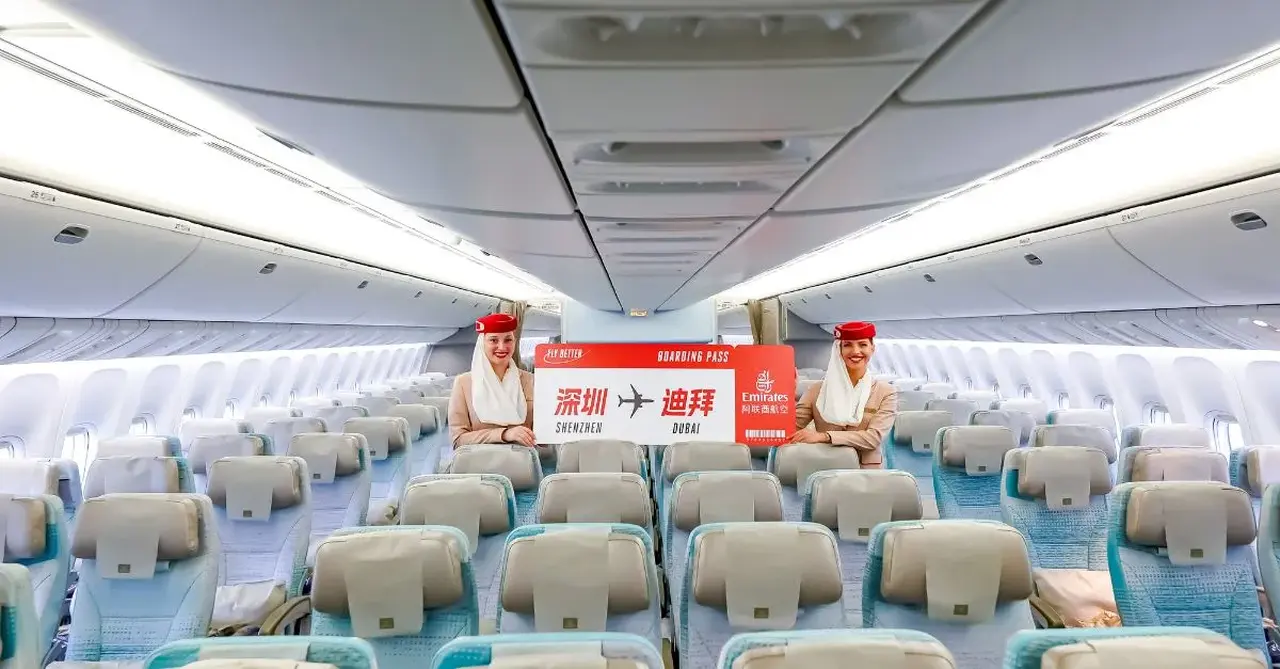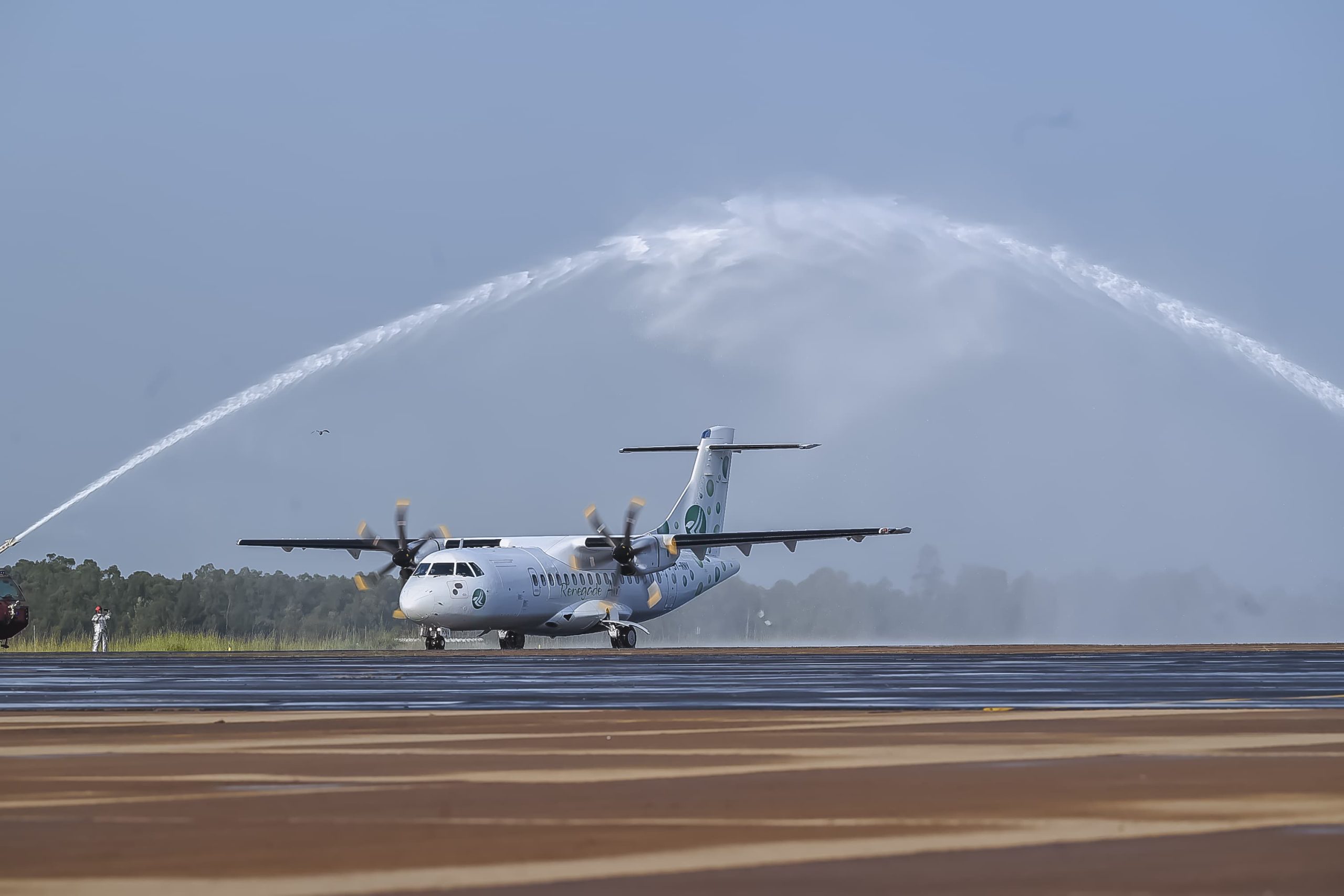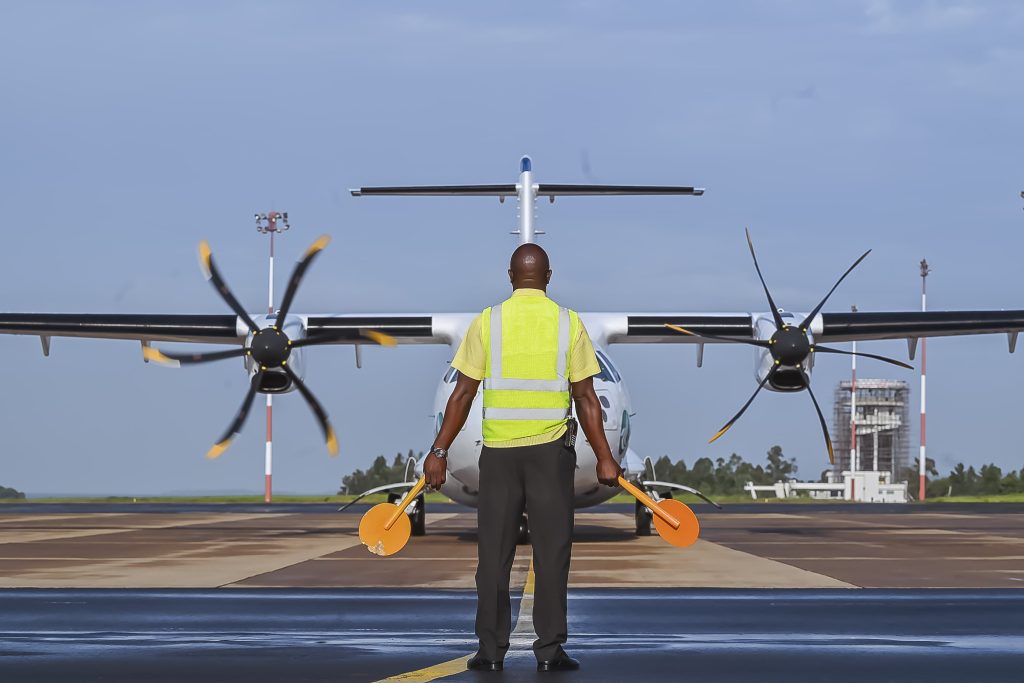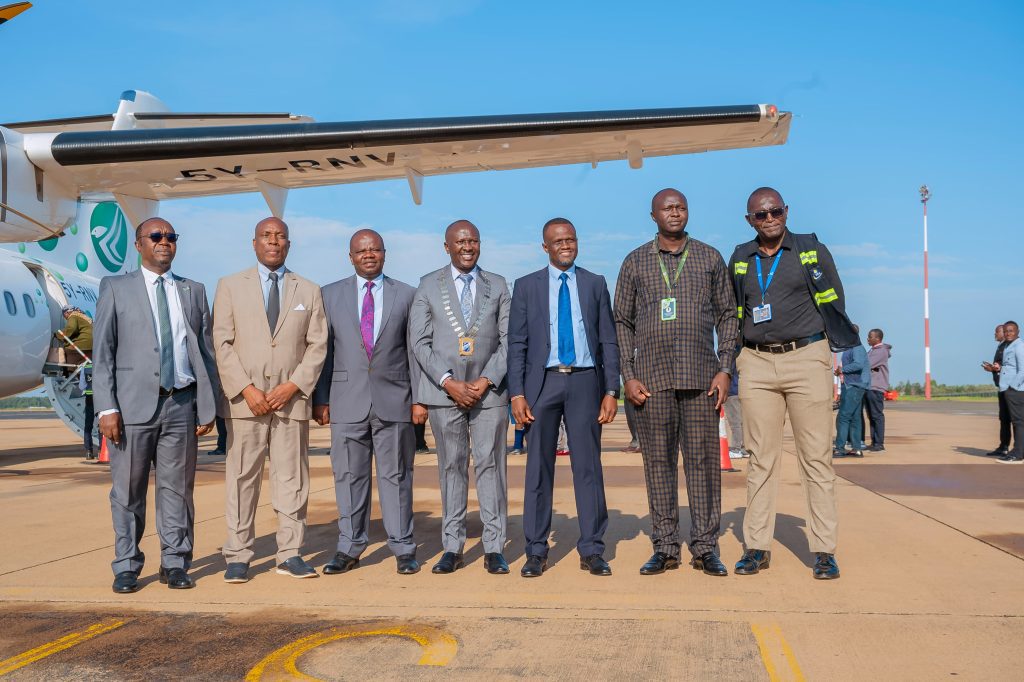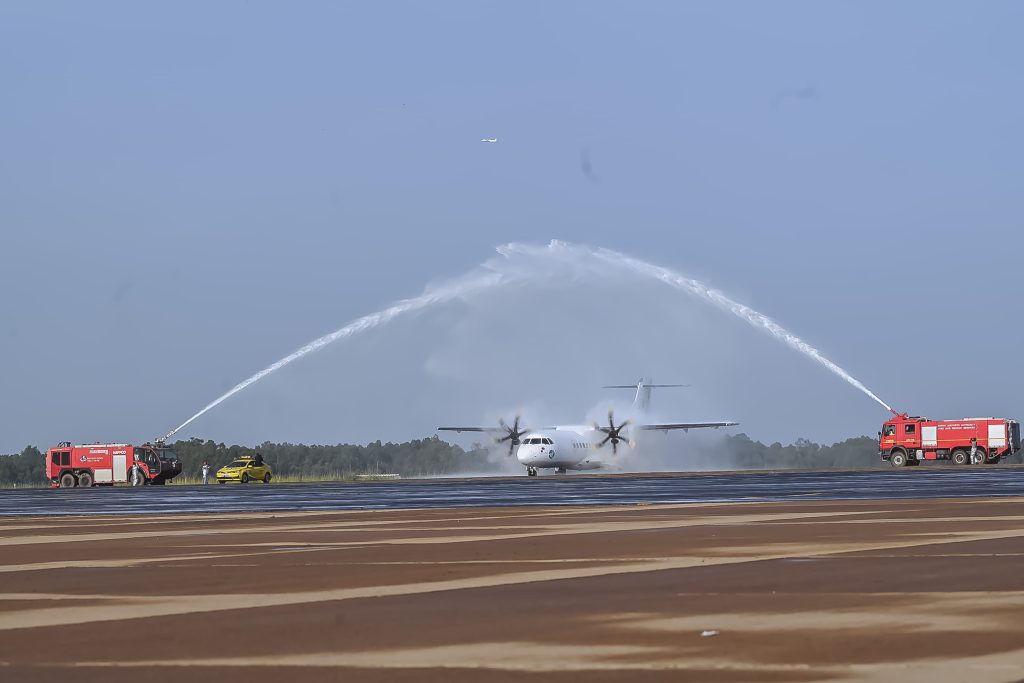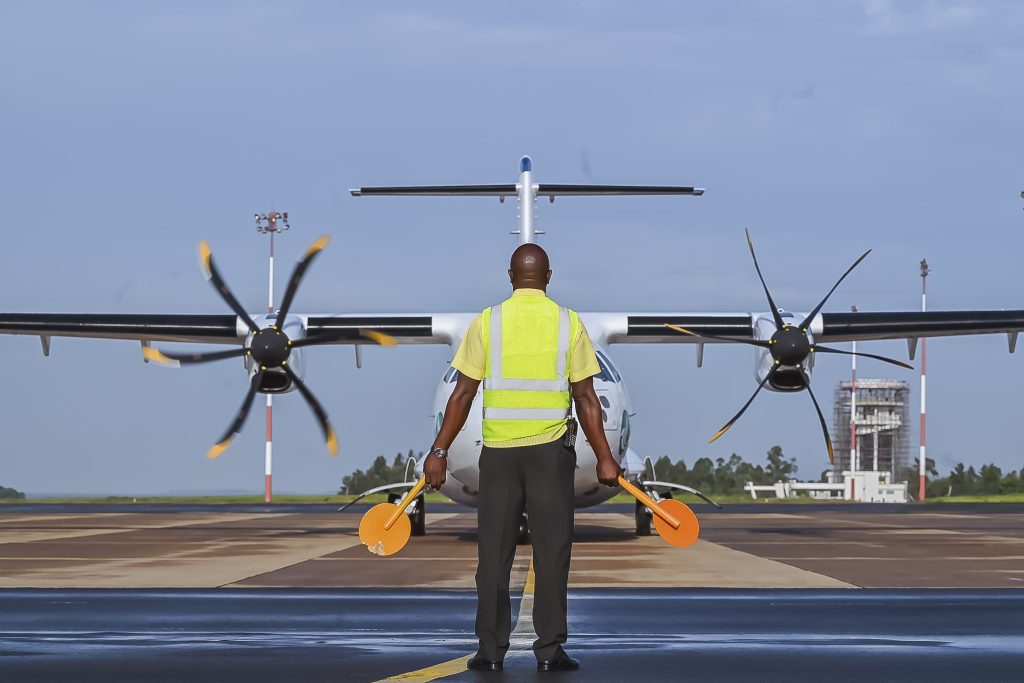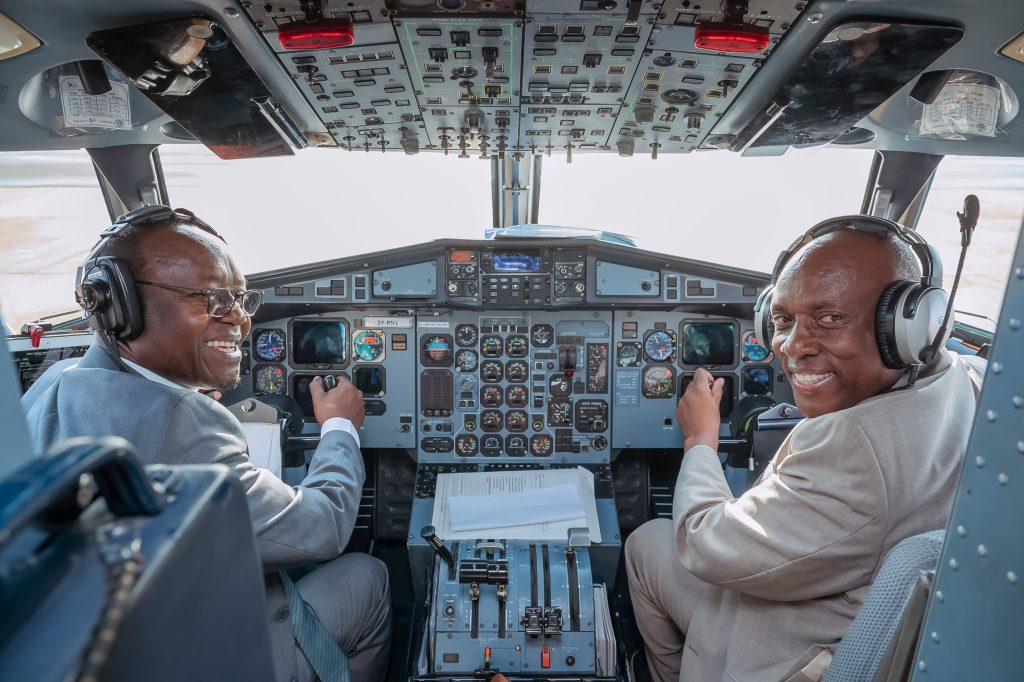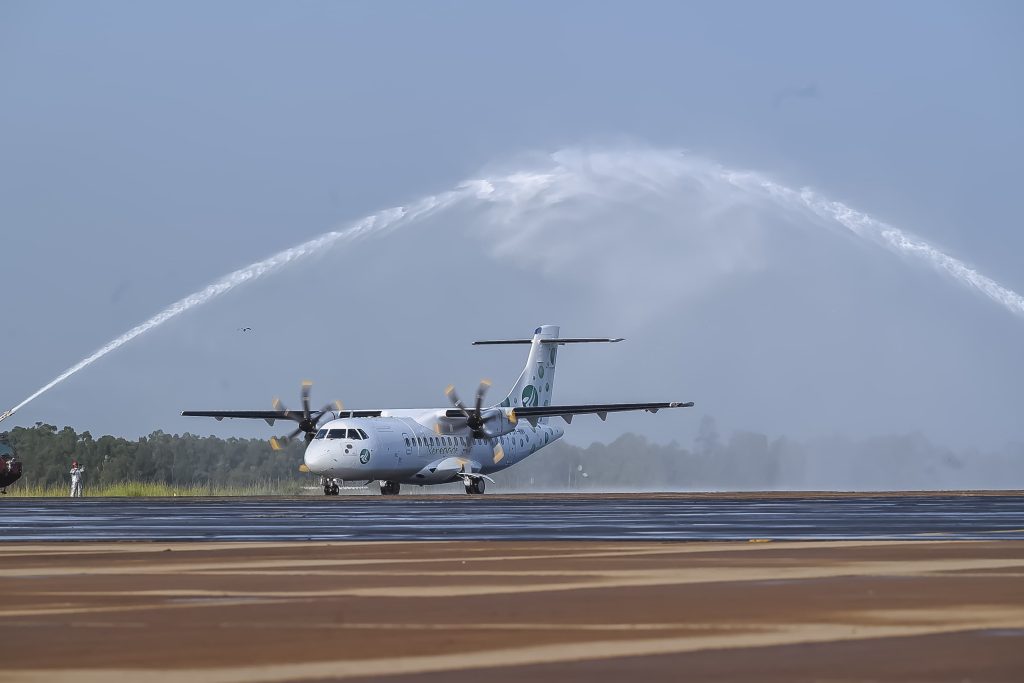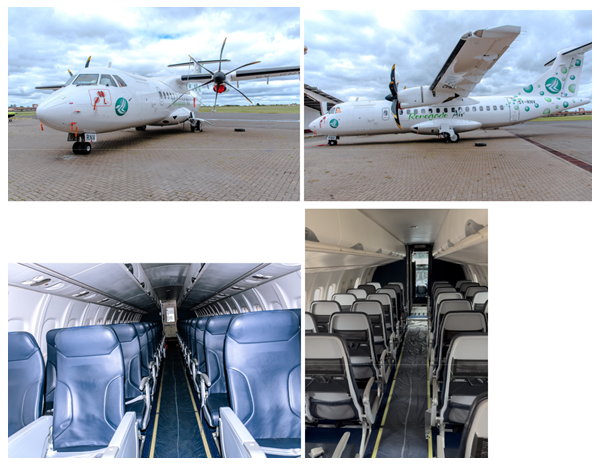Kenya National Chamber of Commerce and Industries (KNCCI) Welcomes ASKY Kenya as Silver Members – Strengthening Regional Ties.
ASKY Airline – Kenya had a collaborative meeting with the Kenya National Chamber of Commerce and Industries (KNCCI) to explore areas of partnership in the transportation of passengers and cargo especially during KNCCI’s trade missions across Africa.
As we continue to take full advantage of the African Continental Free Trade Area (AfCFTA), we see tremendous potential in working closely with KNCCI to support the movement of both people and goods across key regions, contributing to the growth of trade and business across the continent.
We also discussed about the possibility of establishing an affinity program between KNCCI and ASKY. Such a program would drive traffic to the airline, benefiting both KNCCI members and ASKY Airlines through special offers, loyalty rewards, and other mutually beneficial initiatives.
The Kenya National Chamber of Commerce & Industry (KNCCI) proudly welcomed ASKY as a Silver Member – a move set to boost intra-African trade, tourism, and connectivity!

Key Highlights:
✅ Improved air connectivity between Kenya & West/Central Africa
✅ Joint tourism promotion with regional carriers
✅ Exclusive business travel benefits for KNCCI members through affinity program
✅ Enhanced mobility for trade missions, expos, and regional events.
This partnership is a powerful step toward economic growth through aviation, and a shining example of what regional collaboration can achieve.
This comes at a time when ASKY Airline is increasing its weekly flight frequency from Lomé to Nairobi, Kenya, starting July 11, 2025 until 1st Aug 2025 followed by a flight schedule change effective 2nd Aug 2025. The increase will see the airline offer 4 weekly flights to/from Nairobi.
This is part of ASKY’s broader African expansion strategy to be an international airline with a touch of Africa, serving and connecting African countries and Africa to the world with excellent quality service.



